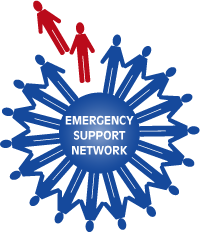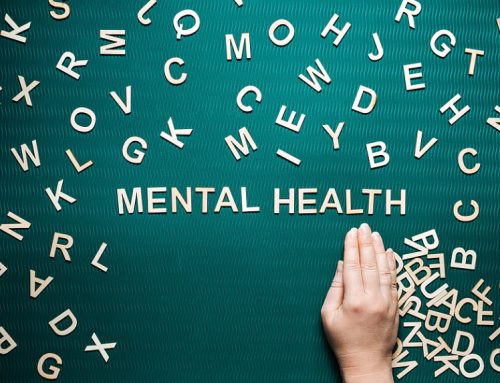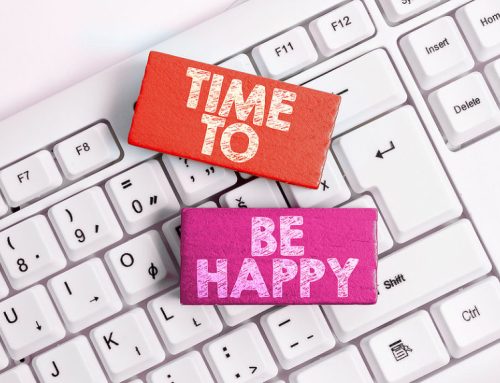When we think of being lonely we often conjure the image of someone who lives alone and doesn’t work. Yet this doesn’t seem to be the case. Many people are lonely despite going to work, having friends and family, and being connected on social media. A recent national Lifeline survey found that 60% of Australians reported they ‘often felt lonely’ and nearly 34% of people said they did not have anyone to confide in. These are staggering figures, especially given that many participants were in the workplace or in relationships. One anecdote included an individual stating that if they didn’t say hello to the seller when purchasing a copy of ‘The Big Issue’ they probably wouldn’t have any social contact during their working day. (Be warned however, I was once reprimanded by a Manager for being a ‘disruptive influence’ for saying good morning to other colleagues as I walked through the office to my workstation. I just thought doing so was being collegiate!)
Many people use social media platforms such as Facebook, Twitter and Instagram to connect with others, estimated at approximately 46 hours of their weekly down time, (R U OK, 2016). So does using these make you more lonely? The research results are mixed and inconclusive. According to a Duke University study, loneliness is dependent on what is done with social media. The more time online, resulted in less time actually connecting with others meaningfully and thereby increasing feelings of loneliness. In addition there are the risk of damages to self-esteem when viewing posts of others doing exciting things or showing their enviable day to day activities. What is the impact of these lifestyle brags if you don’t have anything similar to post?
So why is loneliness actually a concern? Well because it has clear links to impacting on your own resilience, can increase the risk of mental health issues, suicide, high blood pressure and dementia. A recently published study from the UK found that lonely people experienced a 30% increase in suffering from heart disease or a stroke. Interestingly it has been argued that loneliness ‘increases the chance of early death by up to 20%’. The issue of loneliness has become accepted as so significant that Britain recently appointed a Minister for Loneliness. The position was created to ‘tackle the isolation felt by more than one in 10 people in the UK’, (ABC News, Jan 17, 2018).
So what can we do to address loneliness?
- Say good morning to others and notice how they appear. If they appear to be not travelling too well take the time to invite them for a coffee / tea / lunch at an appropriate time. Ask them if they are okay without being intrusive.
- Ensure your workplace has a Peer Support Program to enable people with concerns to have someone to confide in.
- Make a point of ensuring everyone is invited to team get togethers i.e morning teas and lunches.
- Be interested rather than interesting when you interact with others. Listen and find out more about their story rather than telling your own.
- Before you start to look at Facebook, maybe reflect on who you haven’t contacted for a while, and schedule a visit or even a telephone call to catch up.
- Make a point of diarising people’s birthdays or important events. Send them an email or better still give them a call to acknowledge that they are important.
- Wave at your neighbours and make time to have the odd casual chat.
- Put down the mobile, remove your fingers from the keyboard, turn off the TV and try to have a ‘real’ conversation with someone speaking to you without distractions, even if it is only for a few minutes.
References:
J. Clark, Social Network Sites and Well Being: The Role of Social Connection, 2017. Current Directions in Psychological Science, www.ruok.org.au, www.lifeline.org.au
For support: Lifeline on 13 11 14. Kids Helpline 1800 55 1800 (for young people aged 5 to 25).





